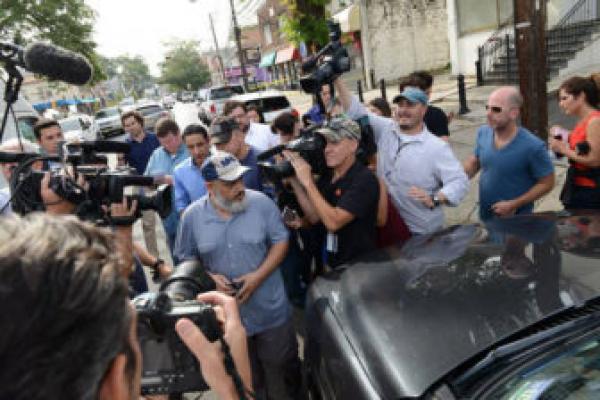Oct 24, 2016
Federal law enforcement officials, under fire by civil rights groups, have dropped an effort to create counseling teams to intervene with young people who show signs of drifting toward radical Islamic ideology and terrorism.
The FBI-led program would have tapped teams of mental health workers, clergy and counselors — called “shared responsibility committees” — to meet with troubled individuals, review behaviors, and get them help or get law enforcement involved where needed.
But the program, part of a wide-reaching federal effort known as “countering violent extremism,” was criticized by civil rights groups that claimed it would erode trust in community leaders serving on those teams and raise concerns about privacy and liability.
Read the Full Article

Already a subscriber? Login
